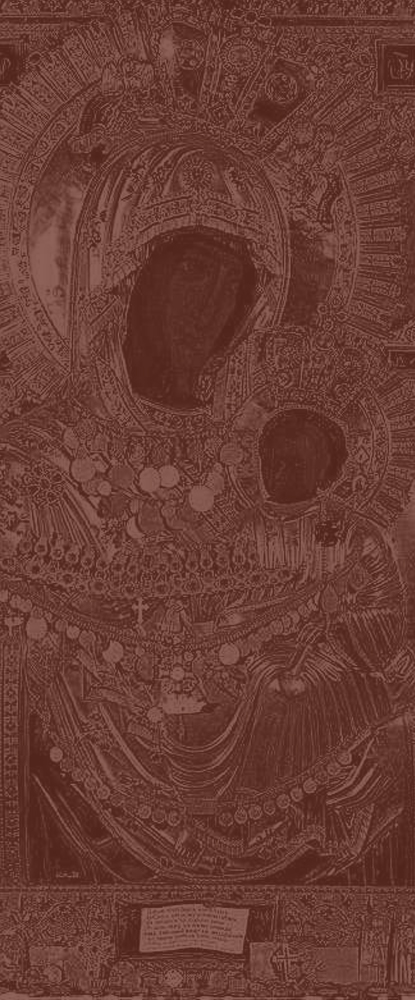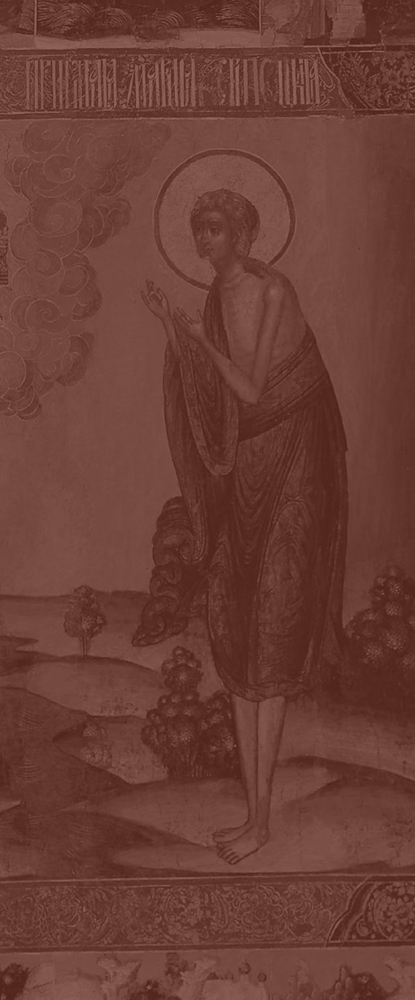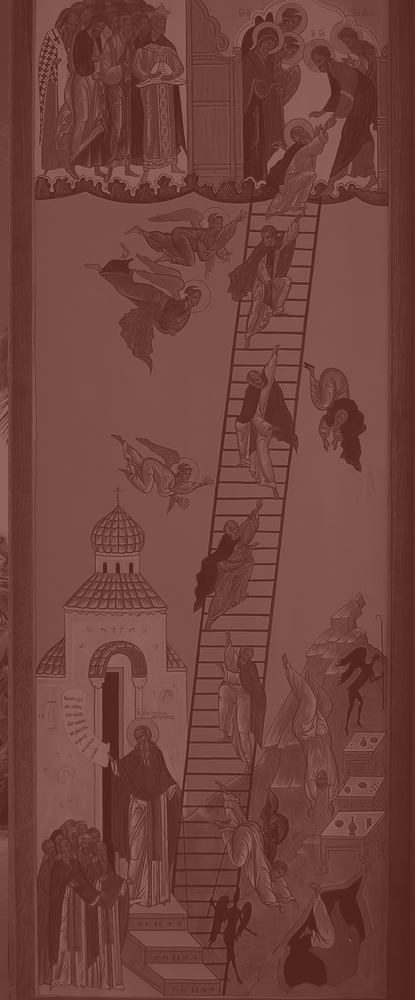ABOUT UNCONDITIONAL LOVE FOR THE HOLY THEOTOKOS
On the Feast of the Iveron Icon of the Mother of God. 18.04.2023
In the name of the Father, and of the Son, and of the Holy Spirit!
We love many things in our life. There is much love in our life. However, these are different kinds of love. Surely, first of all, we love ourselves. This is the bitter truth about ourselves. Almost everything that we love comes through this first love for ourselves. It is very sad that we love everything in reference to ourselves. This is MY family, these are MY children, these are MY friends, this is MY Motherland, and these are MY habits. This concerns even our saints and virtuous habits. This is MY prayer rule; this is why please do not violate it.
In relation to this profound illness of ours, all our kinds of “love” come through this first point of rottenness. Everything comes through ME. Everything that I love. I love this. This is why we cannot enjoy perfect love, which can only be unconditional. There cannot be any self-interest or avarice in a perfect love. Love is the sweetest feeling in the world. Even in the format of “I love, he loves” we experience sweet and very touching moments and impressions. We are even ready to die for this. Can you imagine what would have happened to us if we experienced absolutely unconditional love? The Love, which, as per Saint Paul the Apostle, does not seek its own, but burns itself and looks only in the direction of the beloved instead. This love forgets about itself and the whole world. People who fall in this love forget if they have eaten today or not, rested or not. They become captives of this madness of love. This is a big responsibility, but this is a big joy too, a great experience of unconditional love.
Our “I” dissolves all our kinds of “love,” that we experience in this world. Nevertheless, there is a kind of love on earth, which we may experience selflessly. When we come to the Mother of God, surely, at first when we begin to go to church, we come up to Her with the words “give me,” as we perceive Her as the One Who can be asked. But if we build our spiritual life correctly and it becomes a true spiritual life, this true spiritual life kills our ego, our “I,” and suddenly selflessness grows up in us. In the beginning, we come to the Theotokos and simply say “give me,” but at a certain moment our spiritual eyes open, we come to see ourselves, and there comes the time when we say, “O Most Holy Theotokos, forgive me.” This period is a very good spiritual period, and may God let everyone come through it. All these selfish words: “give,” “help,” “console,” “make it work” are forgotten during this period. This period is only the beginning of repentance and spiritual life starts from this point. The period of “give me” is not a spiritual life at all. This is the foundation stone a person shoves off from to jump in the direction of the Kingdom of Heaven. The stone of repentance. Only at this moment does spiritual life begin and from this moment, a person begins to feel the taste of spiritual life a little. He or she stops saying, “give” and says, “forgive.” The time of repentance begins. If this time of repentance passes sincerely, stably, and well, the person gives another fruit. When he even stops saying “forgive” and only sheds the tears of tenderness, he simply says, “O Most Holy, O Most Holy, O Most Holy.” Then, at a certain moment, he does not say anything, but simply cries before Her.
I am telling you about this as about a perfection attained by all the Holy Fathers. They pushed off the foundation stone of repentance and, having entered the Kingdom of Heaven, they… Do you remember the words said during the Holy Week? “Let all mortal flesh keep silent.” At first, it keeps silent in the Mystery of Repentance, then it keeps silent in the Mystery of Reverence. It happens when a person does not perceive an icon, nor the words of a troparion or an akathist addressed to the Mother of God, but when he perceives Her in every icon and word dedicated to the Theotokos. She exists everywhere for him, as well as Her Divine Son.
O Most Holy Theotokos, O Most Holy Theotokos, save us!
Someone rejoices there. Some baby rejoices.
Fathers, I congratulate you on the Holy Pascha. I wish you to pass these paschal days not in a simple earthly merriment. I wish you to preserve something that you acquired during Great Lent. Some of you might have come closer to prayer, attention, and inner silence. Let us preserve all this during the holy days of Pascha. Let us serve, pray and fulfill our prayer rule. Let us remember about God and not only about laid tables and guests.
Glory to our God! Glory to our Most Holy Theotokos, our Heavenly Mother! Glory to all of you as the image of God!
Christ is Risen!



